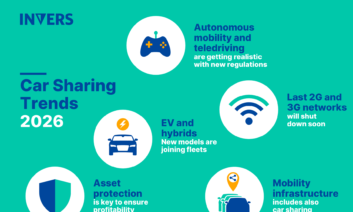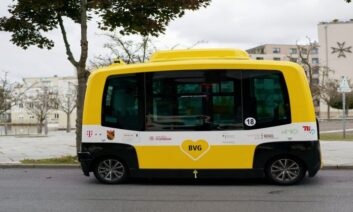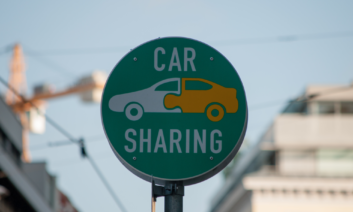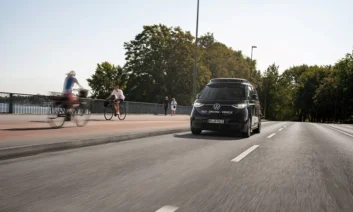High cost of public charging exposed in UK’s new EV mileage reimbursement rates
Drivers of electric company cars in the UK can claim 75% more in tax-free mileage reimbursement for business journeys if they recharge their cars at public charging stations.
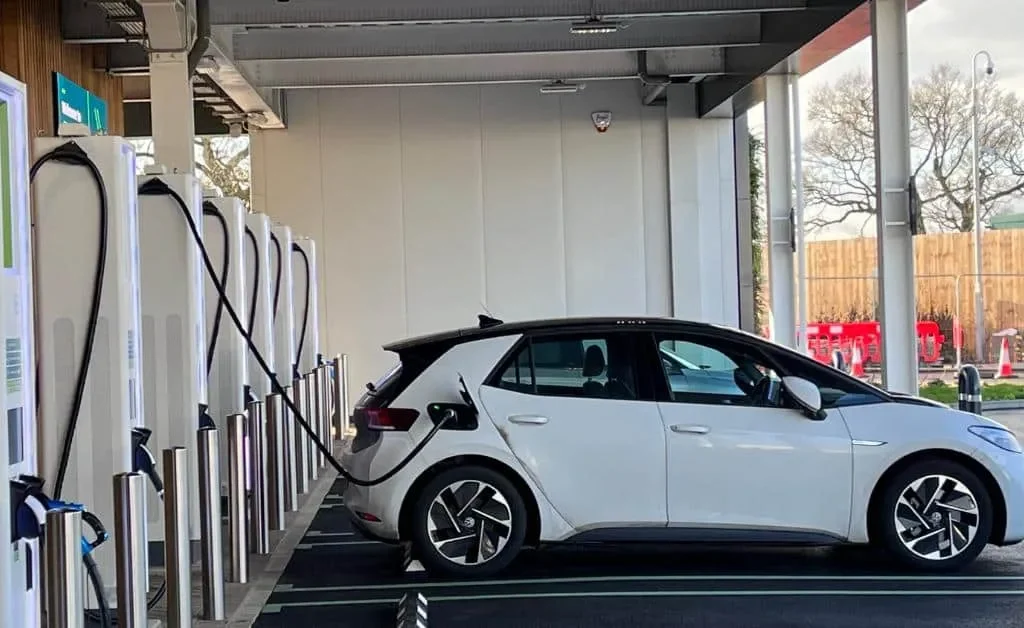
The UK Government has finally recognised the significant difference in cost between home and public charging after years of campaigning by the fleet industry.
The new two-tier system came into force on 1st September, and allows company car drivers to claim 8 pence (€0.093) per mile for home charging and 14 pence (€0.16) per mile for public charging.
These figures are based on an average home electricity tariff of 27.04 pence (€0.32) per kilowatt hour, and 51 pence (€0.59) per kWH at public chargers.
TCO calculations
The substantial gap between the two rates highlights the difficulties that fleets face in establishing total cost of ownership forecasts for electric cars and vans. So much depends on where an employee can plug in their company vehicle.
Fleets can use more generous mileage reimbursement rates, but they have to be able to show that the energy cost per mile is higher.
Both the home and public reimbursement rates are based on a car efficiency rate of 3.59 miles per kWh, which equates to 17.31kWh/100km. As a reference point, a Tesla Model 3 has WLTP figures of 13.2 kWh/100 km.
The Association of Fleet Professionals and the British Vehicle Rental & Leasing Association have been campaigning since 2021 for mileage reimbursement rates to acknowledge the discrepancy between public and private charging costs.
“Focus now turns to a ‘rapid charging’ rate as the current rate is not reflective of what many drivers will be experiencing,” said Thomas McLennan, BVRLA Director of Policy & Public Affairs.
Ultra-rapid charging can cost as much as 79 pence (€0.91) per kWh on some charging networks.


